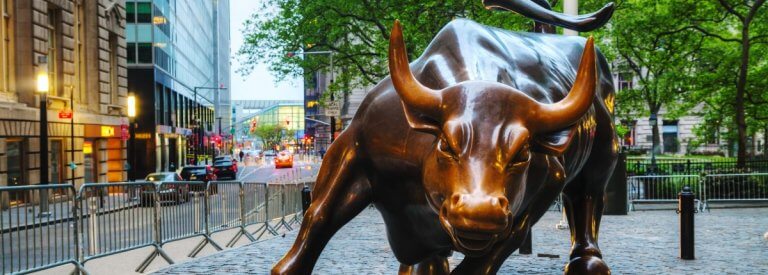
Despite Brexit and increase in fees, MBAs are still as popular as ever in British and European universities, a new report has found.
In 2017, two-thirds of UK business schools saw applications surge. So did European schools, according to a survey by the Global Management Admissions Council (GMAC), a global, non-profit association of 220 leading graduate business schools.
The growing interest is a worldwide trend:
“Nearly 3 in 4 (73 percent) graduate business programs with 201 or more class seats report increased application volumes this year compared to 39 percent of the smallest programs (50 or fewer class seats),” GMAC said, in a statement.
Sangeet Chowfla, GMAC president and CEO said: “Demand for graduate business education remains strong, especially among the largest programs, which tend also to be the most well-known programs with brand recognition.”

Graduate Management Programs Reporting Application Growth, by Class Size. Source: Graduate Management Admission Council
Director of admissions advisers Fortuna Admissions, Matt Symonds told The Guardian despite being one of the priciest degrees on offer, numbers are rising at Europe’s business schools, and UK schools don’t appear to have been hurt by the uncertainty of Brexit.
The Guardian notes that top business schools in the UK charge exorbitant fees. At the Said Business School in Oxford, a one-year MBA costs £55,000 (US$70,265). Expensive, yes, but consider London Business School’s MBA, which costs £78,500 (US$110,316).
Yet, despite this (and the fact that students will be losing one whole year of salary), the increase in applications speaks volumes about its enduring popularity.
There’s the possibility of doing a part-time degree, such as an Executive MBA (MBA), as well. But holding a full-time job while juggling intensive study period can be tough, it may be an endeavour that pays off greatly.
For Sarah Cash, who worked as director of business and income development at charity Dove House Hospice while studying for her EMBA at the University of Hull, it did.
“I really love my job, so personal development wasn’t a factor for me … It helped with bigger goals, such as setting out strategy, direction and organisational culture, and also with the practicalities of dealing with staff, managing change and improving productivity,” Cash said.

The University of Hull offers an Executive Masters in Business Administration (EMBA). Source: University of Hull
Part of this growth in interest can be attributed to the growing representation of women in business schools as well. Women make up 42 percent of the total applications received by participating survey programs today, up from 37 percent in 2013.
For MBA programs, women represent 39 percent of applications, increasing 33 percent from 2013.
Liked this? Then you’ll love these…
The best MBAs in the world right now
Yale to offer MBA scholarships for ambitious African students







